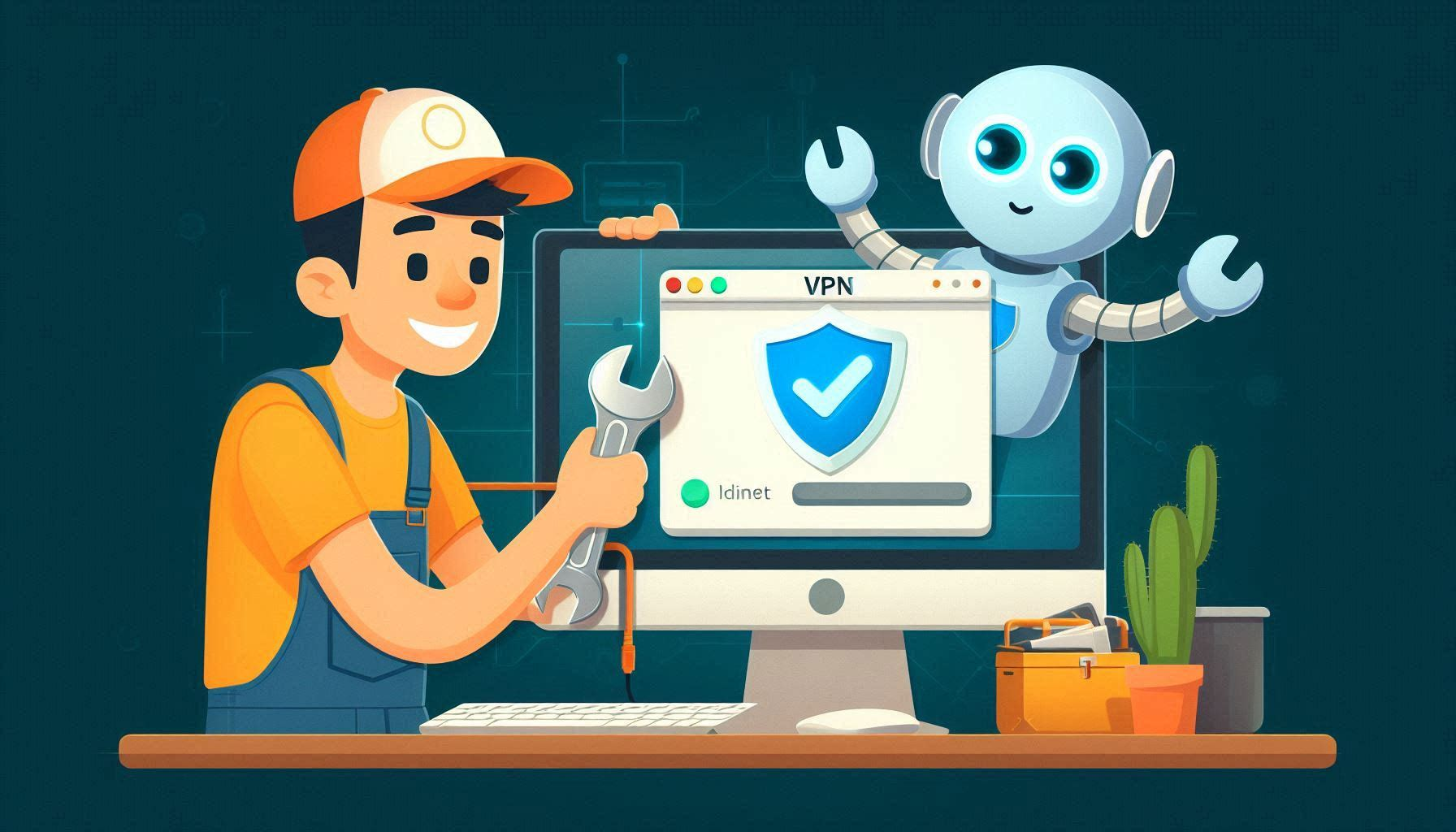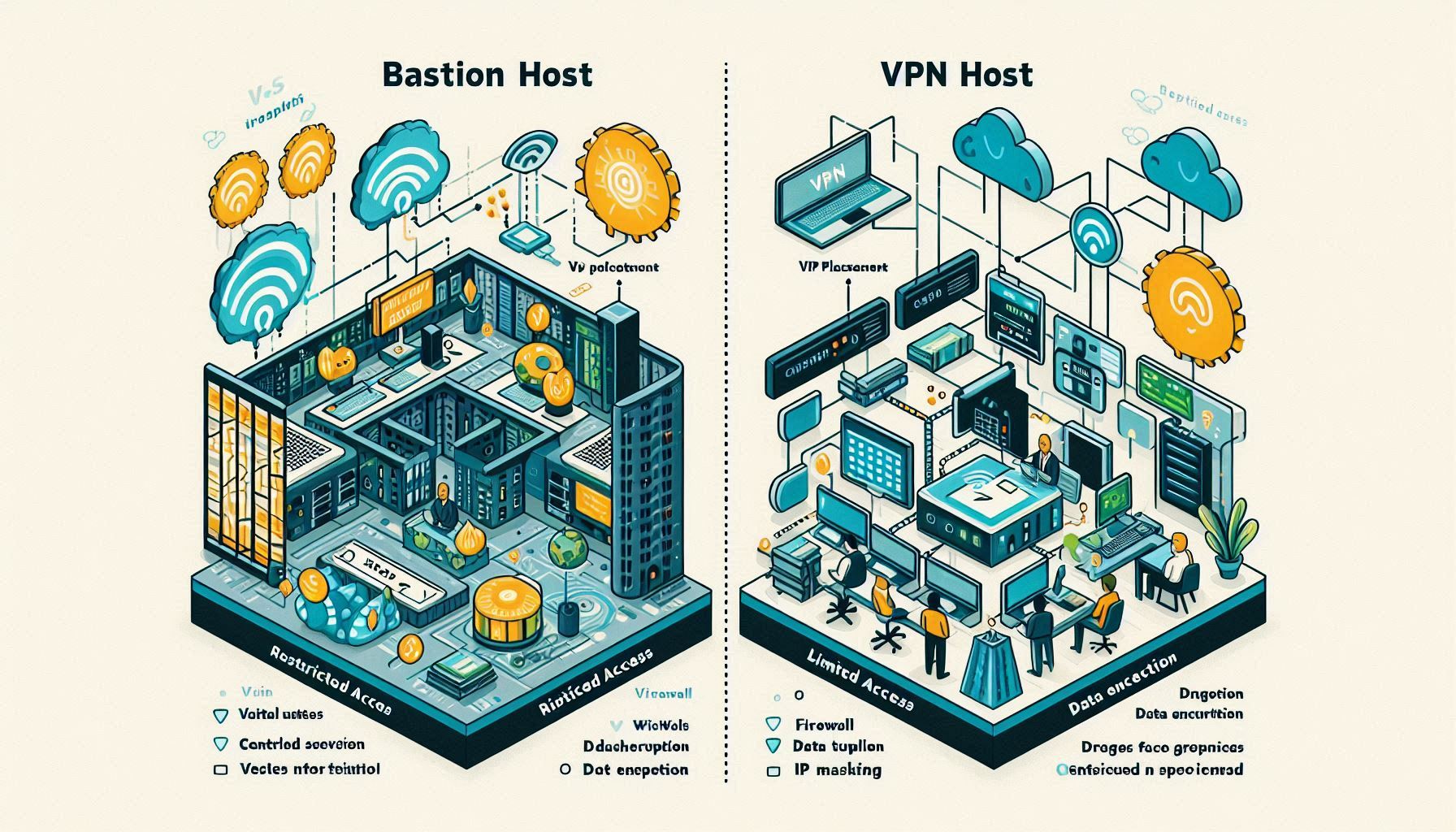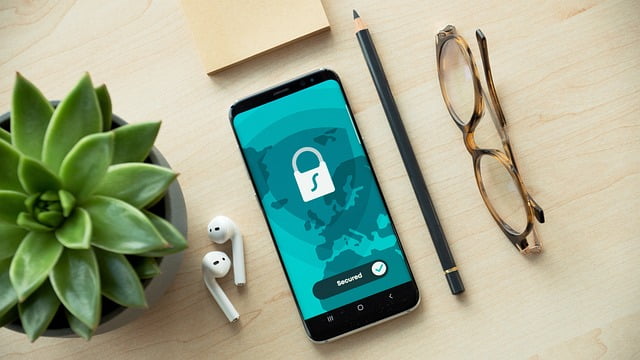Free VPN vs. Paid VPN: Which One Should You Choose?

The internet has become an essential part of our lives, and with it, the need for online security and privacy has increased. Virtual Private Networks (VPNs) are a popular solution to protect our data and maintain privacy. However, a common dilemma faced by users is whether to choose a free VPN vs. paid VPN service. This comprehensive guide will help you understand the differences, benefits, and drawbacks of both options, so you can make an informed decision.
Key Differences Between Free VPNs and Paid VPNs
1. Security and Privacy
Free VPNs: Free VPN services often come with significant security and privacy limitations. They may use weaker encryption protocols, making it easier for cybercriminals to intercept your data. Additionally, many free VPNs monetize their services by collecting and selling your browsing data to third parties, which compromises your privacy.
Paid VPNs: Paid VPN services typically offer robust security features, including strong encryption protocols like AES-256, a strict no-logs policy, and advanced features such as a kill switch, which disconnects your internet if the VPN connection drops. These features ensure your data remains secure and private.
2. Speed and Bandwidth
Free VPNs: Free VPN services often come with data caps and bandwidth limitations. This can result in slower internet speeds, especially during peak usage times when many users are connected to the same server. Streaming, gaming, and downloading large files can be particularly challenging with a free VPN.
Paid VPNs: Paid VPN services usually offer unlimited bandwidth and access to a larger network of servers worldwide. This ensures faster and more reliable connections, allowing you to stream high-definition videos, play online games, and download files without interruptions.
3. Server Locations and Availability
Free VPNs: Free VPN services typically offer a limited number of server locations, which can restrict your ability to access content from different regions. Additionally, these servers are often overcrowded, leading to slower speeds and less reliable connections.
Paid VPNs: Paid VPN services provide access to a vast network of servers in numerous countries, giving you more options to bypass geo-restrictions and access content from around the world. The wide range of server locations also helps distribute user traffic more evenly, ensuring better performance.
4. Customer Support
Free VPNs: Free VPN services usually offer minimal customer support, if any. You might have to rely on online forums or community support for troubleshooting and resolving issues, which can be time-consuming and frustrating.
Paid VPNs: Paid VPN services often provide 24/7 customer support through various channels, including live chat, email, and phone. This ensures that you can get help quickly if you encounter any issues with your VPN connection or service.
Pros and Cons of Free VPNs
Pros:
- Cost: Free VPNs are, as the name suggests, free of charge, making them an attractive option for budget-conscious users.
- Ease of Access: Many free VPNs are easy to download and set up, requiring no subscription or payment information.
Cons:
- Limited Security: Weaker encryption protocols and potential data logging can compromise your security and privacy.
- Slower Speeds: Data caps and bandwidth limitations often result in slower internet speeds.
- Restricted Access: Limited server locations can restrict your ability to access content from different regions.
- Lack of Support: Minimal customer support can make troubleshooting and resolving issues difficult.
Pros and Cons of Paid VPNs
Pros:
- Enhanced Security: Strong encryption, no-logs policies, and advanced security features protect your data and privacy.
- Faster Speeds: Unlimited bandwidth and access to a large network of servers ensure faster and more reliable connections.
- Global Access: A wide range of server locations allows you to bypass geo-restrictions and access content from around the world.
- Dedicated Support: 24/7 customer support ensures you can get help quickly when needed.
Cons:
- Cost: Paid VPN services require a subscription fee, which can be a deterrent for budget-conscious users.
- Potential Complexity: Some paid VPN services offer advanced features that might be overwhelming for less tech-savvy users.
How to Choose the Right VPN for You
When deciding between a free VPN and a paid VPN, consider the following factors:
1. Purpose
Casual Browsing: If you only need a VPN for occasional browsing or accessing restricted content, a free VPN might suffice. However, be aware of the potential security and privacy risks.
Regular Use: If you frequently use public Wi-Fi, stream content, play online games, or require secure access to sensitive information, a paid VPN is a better choice due to its enhanced security, speed, and reliability.
2. Budget
Limited Budget: If you have a tight budget, start with a free VPN but be cautious about the security and privacy limitations. Consider upgrading to a paid VPN when your budget allows.
Flexible Budget: If your budget allows, invest in a paid VPN service for better security, speed, and overall performance. The peace of mind and enhanced online experience are often worth the cost.
3. Technical Expertise
Beginner: Look for a VPN service with a user-friendly interface and easy setup process. Many paid VPNs offer simple, intuitive apps that cater to less tech-savvy users.
Advanced User: If you have technical expertise, consider a VPN service that offers advanced features and customization options. This allows you to tailor the VPN to your specific needs and preferences.
4. Specific Needs
Streaming and Gaming: For streaming high-definition content and playing online games, a paid VPN with unlimited bandwidth and fast speeds is essential to avoid buffering and lag.
Privacy and Security: If privacy and security are your top priorities, a paid VPN with strong encryption, a no-logs policy, and additional security features is the best choice.
Conclusion for Free VPN vs. Paid VPN
Choosing between a free VPN and a paid VPN ultimately depends on your specific needs, budget, and level of technical expertise. While free VPNs can provide basic protection for casual browsing, they come with significant limitations in terms of security, speed, and reliability. Paid VPNs, on the other hand, offer enhanced security, faster speeds, and better performance, making them a worthwhile investment for regular internet users.
To make the best decision, carefully assess your online habits and priorities. If you value your privacy and require a reliable, high-performing VPN service, investing in a paid VPN is the way to go. However, if your needs are minimal and you can tolerate the limitations, a free VPN might suffice for basic online activities.
Remember, your online security and privacy are crucial, and choosing the right VPN can make a significant difference in protecting your data and enhancing your internet experience.
Certainly! Here are some frequently asked questions (FAQs) about Free VPNs vs. Paid VPNs:
Certainly! Here are a few case studies that illustrate scenarios where users have opted for either free or paid VPN services, highlighting their experiences and outcomes:
Case Studies
Case Study 1: Sarah’s Experience with a Free VPN
Background:
Sarah is a college student who often uses public Wi-Fi networks at her university and local coffee shops to study and stream videos.
Scenario:
Sarah heard about free VPNs and decided to download one to protect her privacy while using public Wi-Fi. She chose a popular free VPN service with good reviews online.
Experience:
Initially, Sarah found the free VPN easy to set up and use. It helped her access geo-restricted content and gave her a sense of security on public Wi-Fi networks.
Issues Encountered:
However, after a few weeks of using the free VPN, Sarah noticed significant slowdowns in her internet speed, especially during peak times. She also became concerned about the VPN’s data logging practices after reading about potential privacy risks associated with free services.
Conclusion:
Due to the slow speeds and privacy concerns, Sarah decided to switch to a paid VPN service recommended by her tech-savvy friend. The paid VPN provided faster speeds, stronger encryption, and reliable customer support, enhancing her overall online experience and peace of mind.
Case Study 2: Mark’s Decision to Invest in a Paid VPN
Background:
Mark is a freelance graphic designer who frequently works from various locations, including cafes and co-working spaces.
Scenario:
Mark handles sensitive client data and often transfers large files over the internet. He values his privacy and needs a secure connection to protect his work and client information.
Decision:
After researching VPN options, Mark decided to invest in a paid VPN service despite the initial cost. He prioritized security, speed, and reliable customer support for his work-related activities.
Experience:
Mark chose a paid VPN service known for its strong encryption, no-logs policy, and global server network. The VPN allowed him to securely access client files, collaborate with international colleagues, and browse without restrictions.
Benefits Observed:
Using the paid VPN, Mark experienced faster internet speeds, especially when uploading and downloading large design files. He also appreciated the dedicated customer support that helped him troubleshoot connectivity issues promptly.
Conclusion:
For Mark, the investment in a paid VPN service proved invaluable for his work as a freelancer. The enhanced security, faster speeds, and reliable performance justified the cost and ensured his ability to work efficiently from any location.
These case studies demonstrate real-life scenarios where users’ decisions to opt for either a free or paid VPN were influenced by their specific needs, priorities, and experiences with online privacy and security.
Frequently Asked Questions (FAQs)
- Are free VPNs safe to use?
- While some free VPNs are safe, many come with significant security and privacy risks. They may use weaker encryption protocols and collect and sell your data to third parties. Always research and choose reputable free VPN services if you decide to go this route.
- Can I use a VPN on multiple devices?
- Most paid VPN services allow you to use a single subscription on multiple devices simultaneously. Free VPNs might have limitations on the number of devices you can connect at once.
- Will a VPN slow down my internet speed?
- Using a VPN can slightly reduce your internet speed due to the encryption process and the distance your data travels to the VPN server. Paid VPNs typically offer better speeds compared to free VPNs because they have larger server networks and fewer bandwidth restrictions.
- Can a VPN help me access geo-restricted content?
- Yes, both free and paid VPNs can help you access geo-restricted content by masking your IP address and making it appear as though you are browsing from a different location. However, paid VPNs generally offer more server locations and better reliability for bypassing geo-restrictions.
- What is a no-logs policy?
- A no-logs policy means that the VPN service does not keep records of your online activities. This is crucial for maintaining your privacy. Most reputable paid VPNs offer a strict no-logs policy, while free VPNs might log your data and sell it to third parties.
- How do I know if a VPN is trustworthy?
- To determine if a VPN is trustworthy, research its reputation, read user reviews, and check for independent security audits. Reputable VPNs will have clear privacy policies and transparent business practices.
- Is it legal to use a VPN?
- In most countries, using a VPN is legal. However, some countries with strict internet censorship laws may restrict or ban the use of VPNs. Always check the local laws regarding VPN use in your country.
- Can a VPN protect me on public Wi-Fi?
- Yes, a VPN can protect you on public Wi-Fi by encrypting your internet connection, making it difficult for hackers to intercept your data. This is especially important when using unsecured public networks.
These FAQs cover common concerns and queries about VPNs, helping users make informed decisions about whether to choose a free or paid VPN service based on their needs and security priorities.
Hope, my experience will help you to find your solution and please comment below, what I can more provide you?
Loading newsletter form...






